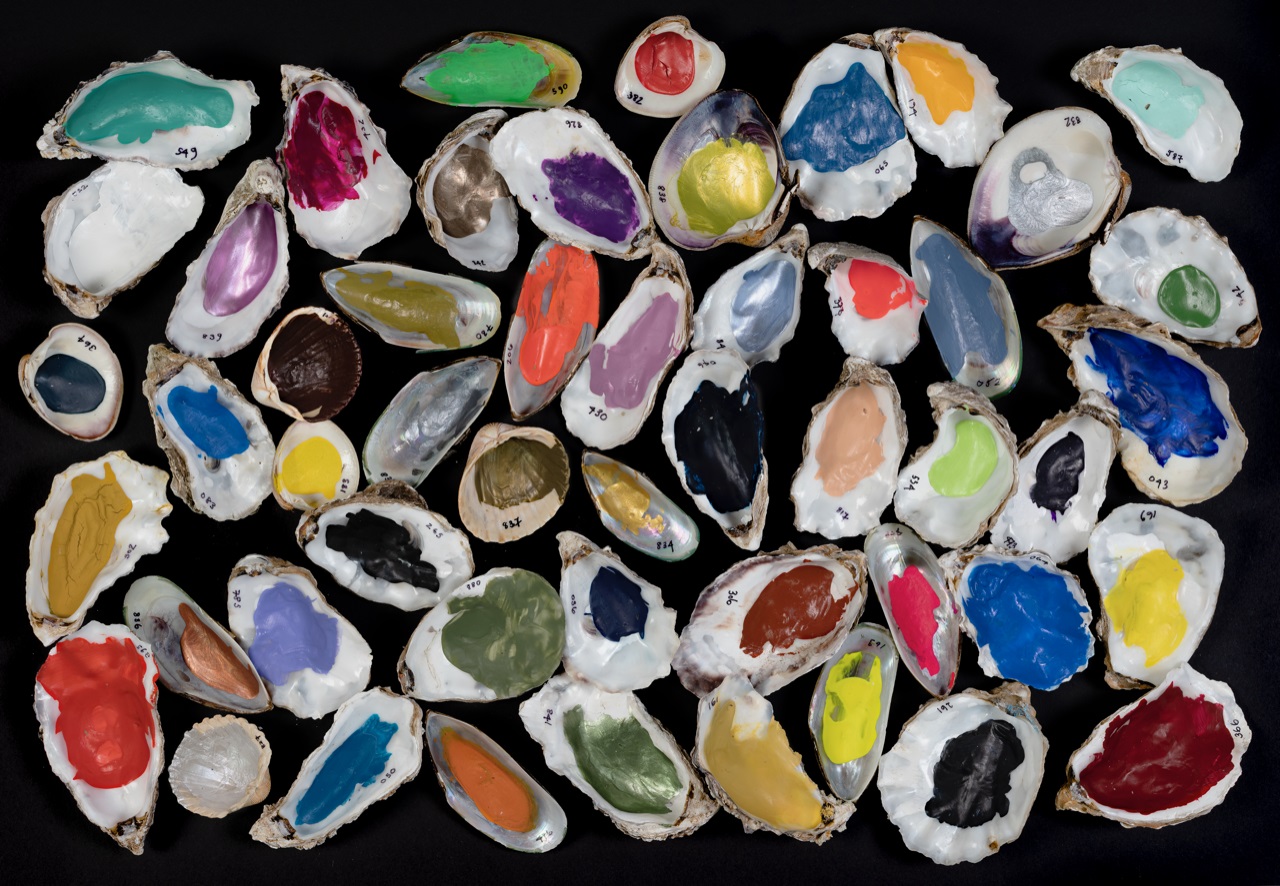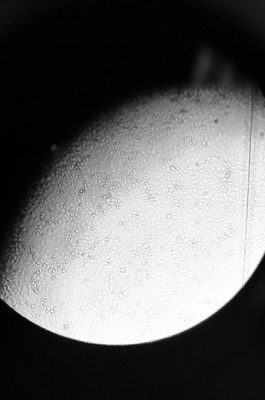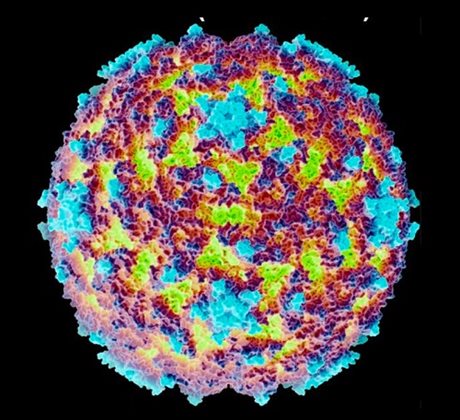Our Meeting of minds events are a unique opportunity to hear and take part in discussions at the intersection of medicine and other industries.
Learn about previous Meeting of minds events below.
The chemistry of memory: A workshop exploring memory through science, colour and poetry
In this fascinating Open Spaces symposium, chemist and poet Dr Stephen Paul Wren will introduce the chemistry of memory, exploring topics such as how synaptic plasticity affects memory, and will share some of his own poetry. Artist Jo Volley will develop these discussions further asking what are the colours of memory, how do we perceive and process memory visually, and how do we remember colour. Artist and writer Professor Sharon Morris will reflect on the ideas offered by Stephen and Jo through her own poetry, giving participants an opportunity to respond creatively through word, colour or images of their own.
More about our speakers
Dr Stephen Paul Wren is a chemist. He was educated at Cambridge University. His books ‘Formulations’ (co-written with Dr Miranda Lynn Barnes) and 'A Celestial Crown of Sonnets' (co-written with Dr Sam Illingworth) were published by Small Press and Penteract Press respectively. Stephen's poetry has appeared in places such as 14 magazine and Tears in the Fence.
Jo Volley is an artist. Her research projects include The Pigment Timeline Project, From Pigments to Solar Power, Colour & Emotion Toolkit, The Pigment Farm. She is the director of Colour & Poetry: A Symposium and edits its annual publication Colour & Poetry and along with Dr Ruth Siddall established World Pigment Day. She is currently part of the part of the ION-DRI public art programme commissioned to develop a new work exploring the topic of colour and dementia for the building.
Professor Sharon Morris has published two collections of poetry and an artist’s book of poems and images with Enitharmon Press and Editions. As part of her teaching at the Slade School of Fine Art, UCL, she set up the Slade Poetry Shed as an online resource for writing and writing workshops. She has also run poetry workshops for asylum seekers, including a series entitled ‘Mother and Other Tongues’, focussing on different languages.
No experience of chemistry, art or poetry needed. All welcome.
 Palette #2 by Jo Volley (image credit Thomas Jenkins)
Palette #2 by Jo Volley (image credit Thomas Jenkins)
Language in obstetrics and gynaecology: A failure to deliver?
Reconsider everything you know about the language of women’s health care.
The panel will explore the language and metaphors of women’s health, their impact on care and ways in which healthcare can enable women to feel in control of their bodies and treatment. The panel includes:
- Dr Rose Abbott, a GP who set up a freely accessible website, Kensa Health, to empower women by providing healthcare information
- Dr Sabina Dosani, psychiatrist, medical humanities academic and creative writer. Dr Dosani’s research explores accounts of obstetric ultrasounds in contemporary fiction and non-fiction to illuminate understanding of women’s relationships with their unborn babies. Dr Dosani is particularly interested in how the language women use differs radically from the language of obstetrics.
- Professor Jenny Higham, Vice-Chancellor, St George’s, University of London, who will provide unique insights as a senior clinician and consultant gynaecologist.
Space: From the telescope to the microscope – space exploration meets medical discovery

Join Professor Neill Reid, Associate Director for Science at the Space Telescope Science Institute, Baltimore, USA, and virologist Dr Elizabetta Gropelli as they share astounding images from their work, from the telescope to the microscope.
Professor Reid, who works with the Hubble Space Telescope and the James Webb Space Telescope, will share with attendees the latest images of space, from space. In response, Dr Elizabetta Gropelli, will discuss images of viruses derived through cryo-Electron microscopes. Though vastly different in scale, they both share a similar language describing the canyons, peaks and ‘tectonic movements’ of the planets and viruses alike.
A panel discussion will follow including Dr Myles Harris, CEO and founder of Space Health Research and the UCL Space Health Risks Research Group, Dr Sarah Fortais, the first artist in residence at the Centre for Outer Space Studies, UCL and Dr Pauline Parker, currently working around ideas of future advancement in business and space with Kingston University colleagues.
Together the panel of experts will explore the implications for health and healthcare when we cross the frontiers of what we know and can see, asking how can we benefit from these new scientific advances and resulting understanding without damaging the very thing we are exploring. What links the invisible in space with that inside our very cells?
The evening will conclude with a poem by Kingston University Senior Lecturer in Chemistry and poet Dr Stephen Wren.

The event connects to our 2022 St George’s Big Read book, The Gravity of Us, by Kingston University alumnus Phil Stamper. The book follows Cal, whose dad has just been selected by NASA to become an astronaut on an expedition to Mars, conferring hugely prestigious status, but impacting significantly on the future lives of his wife and son – and their relationships.
Join us to enjoy this unique chance to see extraordinary images and together consider their implications for health research, practice and care.
In case you missed it, watch the event below:
Everything is True: A Junior Doctor’s Story of Life, Death and Grief in a Time of Pandemic
Award-winning writer and winner of the NHS Junior Doctor Leadership Prize, Roopa Farooki, shares her story of a junior doctor's love, loss and grief through the Covid-19 crisis. Roopa joins the Open Spaces programme for an evening of discussion about her work.
Everything is True is the story of Roopa’s first forty days of the Covid-19 crisis from the frontlines of A&E and the acute medical wards, as struggling through her grief, she battles for her patients’ and colleagues’ survival. Working thirteen-hour shifts, she returns home each evening to write through her exhaustion, chronicling the devastating losses and slowly eroding dehumanisation happening in real time on the ward.
Roopa Farooki is a writer and junior doctor for the NHS. She is the author of six literary novels that have been translated into over a dozen languages, and a series of middle-grade children’s books for Oxford University Press. Her writing has been awarded the John C. Laurence Prize and an Arts Council Award, and listed three times for the Women’s Prize. She is also a lecturer on the Masters in Creative Writing at the University of Oxford, and the Ambassador for family for Relate, the counselling charity. In 2020 she was awarded the Junior Doctor Leadership Prize from her NHS Trust, for her work during the Covid-19 pandemic.
Rapid Response: Designing your Archive in the Wake of the Pandemic
Learn about the process of rapid response archiving with History of Design researcher Tomas Brown, and Fleur Elkerton and Anna Talley, founders of Design in Quarantine. Experiment with preserving your own pandemic experience through image, writing and object.
Bring an object, piece of writing, or image along and we will consider how you can preserve it in a personal archive, its significance, and its different implications as a record.
Open Spaces Open Symposium
Imagination: Why is it as Important to Medicine and Science as the Creative arts?
In this unique event, five leading practitioners/scientists explore and contrast the role of imagination in their respective disciplines: Professor Dryden Goodwin (Fine Art), Dr Elisabetta Groseppi (Virology and Global Health), Professor Jane Saffell (Neurobiology and Higher Education Innovation), Professor Mike Walker (Design), Dr Thushari Welikala (Innovation and interculturality in Higher Education).
It is easy to think of imagination as the province of the arts and humanities but the last few years have shone a stark light on the need for imaginative responses to global crises. In a stimulating forum you are invited to explore the necessity of imagination to healthcare and science as well as the arts and humanities and its power to transform practice, research and life itself.
Join us for stimulating short presentations and lively interactive debate interrogating what exactly is imagination and why do we need it? Share what it means to you.
Open Spaces first Open Symposium with NHS England’s Lead for Trauma Informed Care, Dr Angela Kennedy and composer and aid worker Prof Nigel Osborne, MBE.
An invitation from Open Spaces, St George’s, University of London and Opera Circus.
The Hidden Case of Ewan Forbes: Sexology, Law and the Lost Generation of Trans Lives 1962-1996
Until the 1960s, UK trans people self-identified, accessed affirmative medical care, corrected natal birth certificates, and had full legal equality. Everything changed after the 1968 medico-legal case of trans man Dr Ewan Forbes, devastating trans healthcare, civil liberties, and lives. The case was a closely-guarded secret for fifty years.
The hidden case of Ewan Forbes was a closely-guarded secret for fifty years until Professor Zoë Playdon’s research forced government to disclose it, and the unsavoury truth that had compromised the lives of a generation of trans people.
The Hidden Case of Ewan Forbes won the 2022 Stonewall Honor Book prize, was described by Baroness Helena Kennedy KC as ‘A landmark work of history, law and social change’, by the New York Times as ‘Erudite, passionate, persuasive’ and by the Sunday Times as ‘Reads like a thriller’.